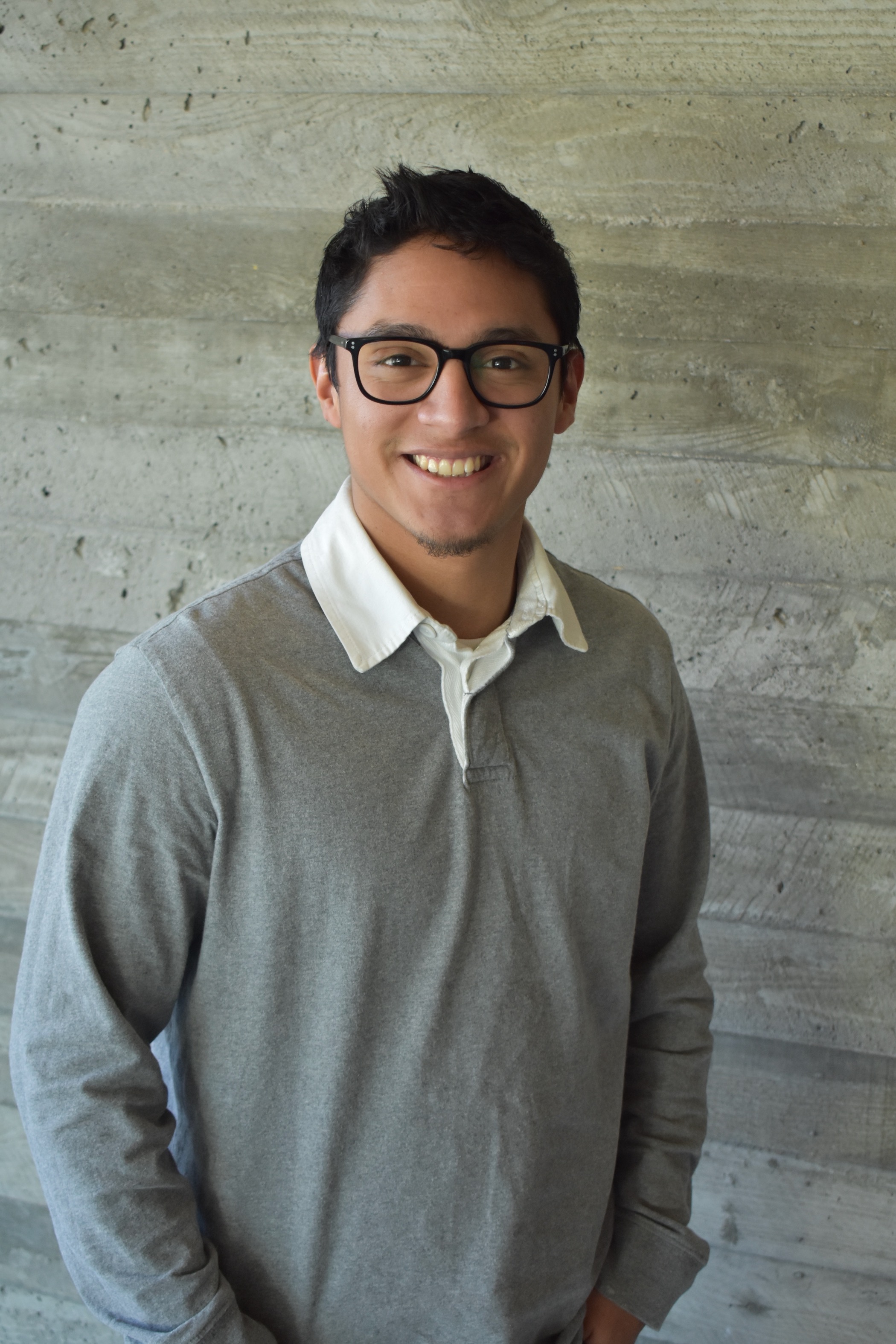PhD student Guillermo Hernandez was first exposed to the field of machine learning during his undergraduate studies at Northeastern. A Gates Millennium Scholar and Torch Scholar studying electrical engineering, Hernandez was passionate about his field of study, but wasn’t yet certain how he wanted to apply his education. “At the time, I didn’t really know what I wanted to do with my degree,” he recalls, “but then I took an introductory machine learning class and came out thinking, ‘this is amazing, you can do so much with this!’”
Inspired by his classes and with the support of his professors, Hernandez graduated with a BS in electrical and computer engineering, and is now pursuing his PhD with a research focus on deep neural networks and machine learning. At present he is a researcher in the Signal Processing, Imaging, Reasoning, and Learning (SPIRAL) Group of labs, working in the signal processing and communications sub-group. “We’re starting some exciting new projects related to indoor tracking,” Hernandez explains, “The general idea is to help track peoples’ locations by using their mobile devices.”
Hernandez hopes that by harnessing the computing power of advanced neural networks, the processes of both sifting through unrelated signals to hone in on a specific one, and the generation of accurate indoor tracking can be made much faster and more accurate. The ultimate goal of this work, he says, is to use this technology to save lives in emergency situations.
“In the event of a disaster like an earthquake, you would be able to determine how many people were in a specific area based on their last known location, allowing disaster response workers to use that headcount to guide search and rescue operations,” Hernandez explains, “Or in a building fire, it could be used to guide firefighters to people instead of them having to sweep floor by floor looking for them.”
When he completes his PhD, Hernandez intends to eventually become an educator, hoping to become a professor so he can provide the same opportunites that were given to him. In the shorter term, he is excited to find work in industry, where he can design and create the theoretical systems he is working on in the lab. He explains, “My education, the opportunity to get my PhD at Northeastern, I’ve been so blessed in my life! But a blessing isn’t just for one person, it’s for everyone in your life, even the people you haven’t met yet. I want to be able to give something back, and if I can convert these ideas into reality, that would be an amazing way to do that.”

